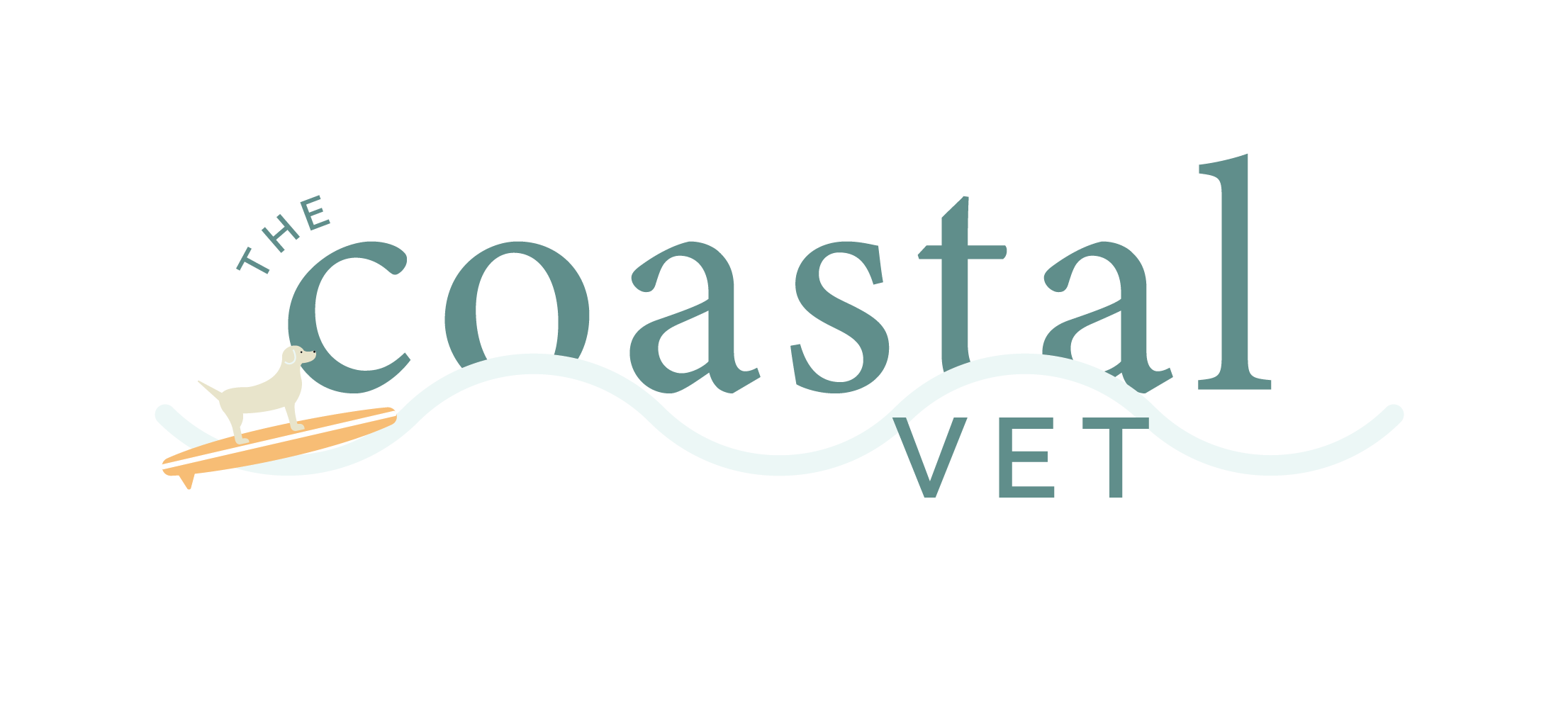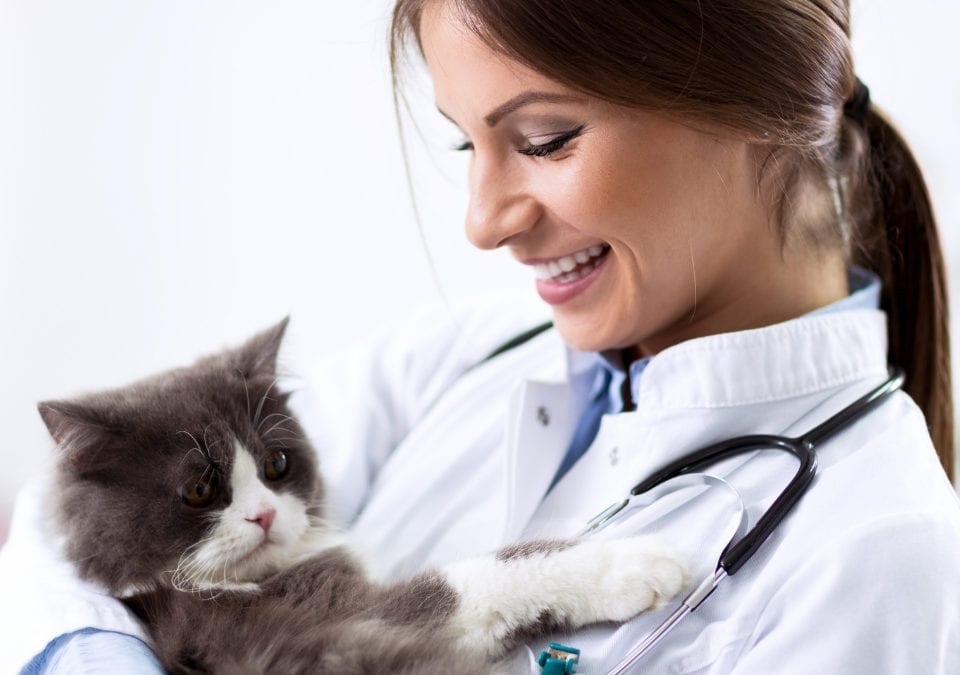I’ve been silent in my posts but still sharing black voices in my stories on Instagram. Letting their voices be louder than mine. Now, I wanted to share my story on how I got here.
It began in rural Upstate South Carolina where I attended an undeserved and underfunded elementary school, middle school and high school in Greenville County. My parents were college educated and had well paying jobs, we were considered middle class. I already had more than one advantage over the majority of my classmates. I was supported in my interest in science and pursuit of following my dream by my parents, teachers and administrators at my schools. No one discouraged me. I graduated fourth overall in my high school class. I then attended Clemson University and graduated with a Bachelor’s of Science in Animal and Veterinary Sciences. There were maybe five BIPOC individuals in my classes and only one fellow graduate in my graduating year.
I was met with opportunity to follow my dream to become a veterinarian; my grades were decent, GRE score was adequate and I looked good on paper. Out of all the veterinary schools I applied to no one accepted me out right. I was waitlisted at two schools.
Then got the call from Dr. T. Graham that they had an opening at Tuskegee School of Veterinary Medicine if I wanted it. I did. More than anything in the world…even if I would be outside of my comfort zone.
Tuskegee University College of Veterinary Medicine is the only veterinary school that is at a HBCU (Historically Black College and University) and graduates 70% of the country’s African-American veterinarians. The veterinary school at Tuskegee established in 1945 by Dr. Fredrick Patterson is celebrating its 75th Anniversary this year.
Nearly all of my professors and clinicians were black or people of color. I learned veterinary medicine from people who had to work way harder than I did to get into vet school. Many of these professors had advanced degrees or were boarded specialists (some of them were the first African American to be boarded in their speciality). Some were probably the first in their families to attend college much less become a doctor.
I never doubted their ability to teach me, I never doubted that I would become a good veterinarian due to my education (imposter syndrome was the source of that doubt). Our teachers cared about each of us, they took time outside of the classroom to listen to our questions, they set up review sessions before exams, because they wanted us all to succeed.
It was not strange for me to see a black person in veterinary medicine until I graduated. Honestly it felt more strange to me not seeing them. This affected me, it stood out, it was not right.
The College of Veterinary Medicine at Tuskegee is one of a kind. There is a camaraderie and support among Tuskegee Veterinarians that I haven’t witnessed among other alumni of other veterinary colleges I’ve worked with. (I have worked with many as a relief veterinarian).
When I accepted that offer from Dr. Graham I had been accepted into a new extended family. During my four years of veterinary school I learned more about myself and what life was like for my new family members. My education was not just anatomy, physiology, pharmacology, clinical pathology, etc. It was an education of black history, black present and of my own implicit biases.
Our class went through a lot of trials in our four years together. The Diamond Class of 2009 was hardened and made stronger in those four years. There were tears of grief from losing someone way too soon, there were tears from laughter from late night study sessions, there were cries of anger and disagreements, and yes there was racial tension.
I won’t tell you that all 60-something of my classmates are all best friends. I’m sure there are many white TUCVM grads that went right back to the “comforts of home” and have stayed silent. But I did not want my full education to go to waste. Since my time at TUSVM (now TUCVM) I have tried to keep my mind open, tried to actively listen, support BIPOC businesses, support my friends and colleagues in their journey in vet med and in life.
Friendships made in vet school are some of the hardest and most beautiful ones. We are all adults on a journey to follow our dreams. It’s hard, it’s dirty, it’s sad and it’s exhausting all while being incredibly fulfilling, fun and joyous. These friends cried and laughed more with me than some of those I’ve had for 30 years. For four years these were my people…I must be their people too.
Then there is the obvious bias that other veterinarians from other colleges and even clients have when you tell them you graduated from Tuskegee College of Veterinary Medicine (unless they worked with one, of course). On more than one occasion I know that my “whiteness” made others forget that I went to a “black” school. I was judged by where I earned my degree, instead of my skills as a veterinarian and communicator.
I have heard stories first hand from friends/colleagues that they were told they would never get a surgical residency because they went to TUCVM. This despite being one of the best surgeons in their class and among their internship-mates. This happened to two friends of mine- one was a white male and one was a black female. Only one went on to complete residency, but had many hurdles along the way, having to “prove” themselves often.
Why did only one become a surgeon? Why did one get opportunities to “prove” themselves and the other just told to basically not try & maybe consider a different specialty?
The answer: Implicit biases that a certain skin color is lazy or not skilled or intelligent.
The Black people and other people of color who are graduating from vet school right now will have to face this their entire careers.
Now is the time to be a mentor to these new graduates and support them when they hear these words. Use your connections to give them opportunities that they might not have had any other way, due to a roadblock of bias.
I will continue to tell whoever wants to know about what it’s like to attend a vet school at a HBCU. Even those that don’t ask, I am proud of where I went to school. I will continue to help young BIPOC follow their dreams in science, health and veterinary medicine. I will continue to use my voice and this platform to support my friends. I will continue to share stories of my fellow TUCVM graduates.
Tuskegee University is a private institution and the TU College of Veterinary Medicine receives funding from grants, tuition and alumni donations. If you would like to help promote diversity in veterinary medicine please follow this link to learn more about how you can continue this legacy. https://www.tuskegee.edu/programs-courses/colleges-schools/cvm/cvm-500k-sustaining-our-legacy-fund
You can copy this form below and mail in your donation to: JaNeen Roberts, Alumni/Donor Relations Manager, Office of Research and Development & External Affairs, College of Veterinary Medicine, Patterson Hall, Room A-104, Tuskegee University, AL 36088

